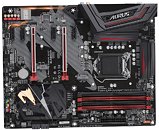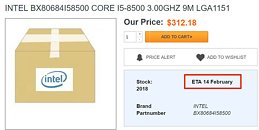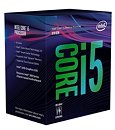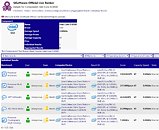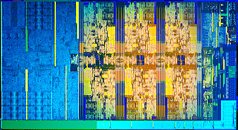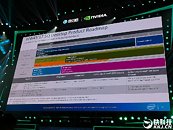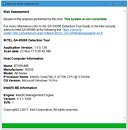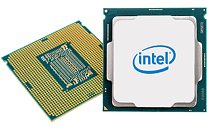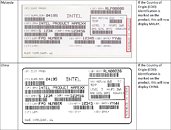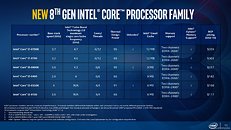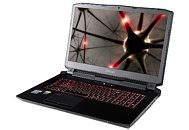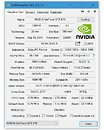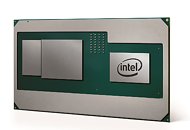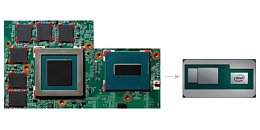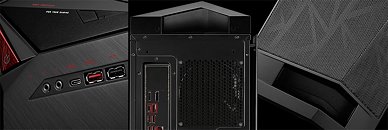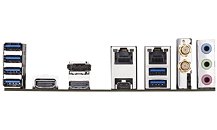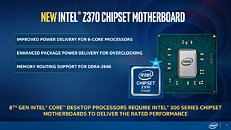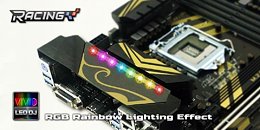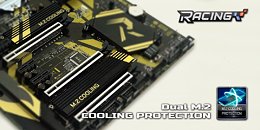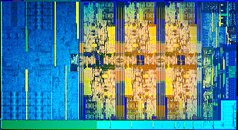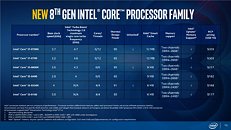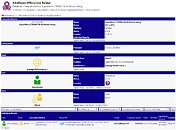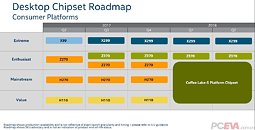
Cheaper Intel 300-series Chipset Motherboards Around the Corner
Right now, it makes little sense to pick up Intel's Core i3 quad-core and cheaper Core i5 six-core chips, only to pair them with the company's premium Z370 Express chipset-based motherboards, which start around $139. The company had promised a second wave of Core i3 and Core i5 "Coffee Lake" processors, and newer Pentium Gold and Celeron parts based on the silicon; alongside three cheaper motherboard chipsets - H370 Express, B360 Express, and H310 Express; for launch some time in Q1-2018. We're getting word that March could be a busy month for PC hardware retailers.
The H370 has an almost identical feature-set to the Z370, except its lack of support for CPU overclocking and multi-GPU (PCIe segmentation). The B360 is slightly cheaper, and has fewer connectivity options. The H310 is entry-level, and has the least connectivity options. H370-based motherboards could be priced between $100 to $170; B360-based ones $80 to $130, and H310-based ones $50 to $70. Online retailers have already begun listing some of these motherboards. A list was compiled by Redditor dayman56. It includes links to over a dozen such listings of ASRock and GIGABYTE motherboards that, if not anything else, confirm model names.
The H370 has an almost identical feature-set to the Z370, except its lack of support for CPU overclocking and multi-GPU (PCIe segmentation). The B360 is slightly cheaper, and has fewer connectivity options. The H310 is entry-level, and has the least connectivity options. H370-based motherboards could be priced between $100 to $170; B360-based ones $80 to $130, and H310-based ones $50 to $70. Online retailers have already begun listing some of these motherboards. A list was compiled by Redditor dayman56. It includes links to over a dozen such listings of ASRock and GIGABYTE motherboards that, if not anything else, confirm model names.
